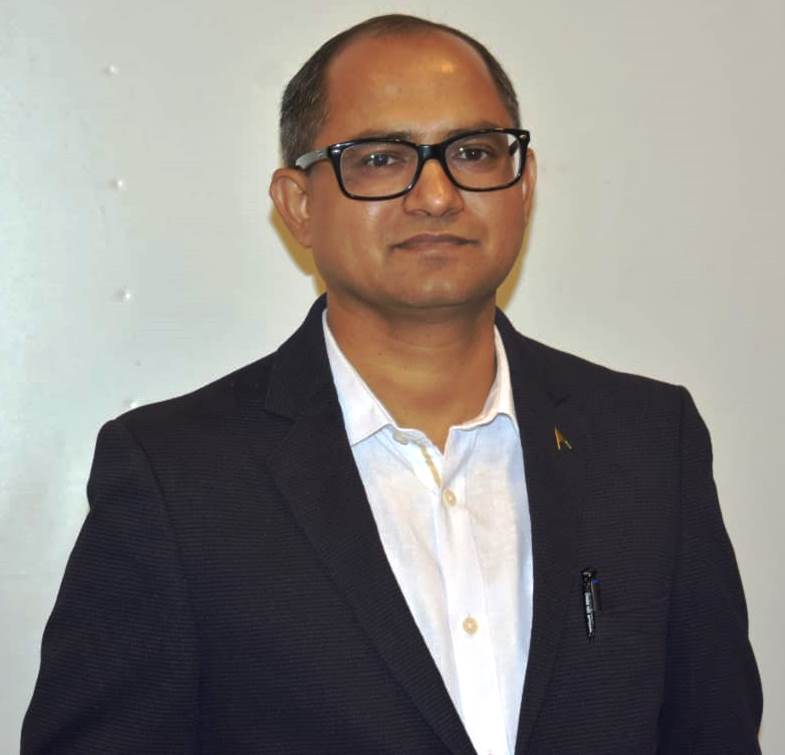Angioplasty performed through radial route cut patients hospital stay by one third

PUNE, 6 February 2020:
Angioplasty through radial route renders significant benefit to patients, from bringing down hospital stay by one third. This was told by Dr Manohar Sakhare (MBBS, MD, & DM from AIIMS Delhi) ,currently working as Senior Interventional Cardiologist,at Yashica Heart Care at Pune in a press conference on “Safer options in heart attack treatments”.
Dr Manohar Sakhare told that the need for Percutaneous Transcatheter coronary procedures is fast growing because of rampant rise in the incidences of heart attack. A recent study has reported 87% rise in deaths from CVD, 72% rise in prevalence of coronary heart disease.
Patients admitted in hospital following a heart attack are advised angiography and then angioplasty if needed. The procedures are minimally invasive and are performed by inserting a soft hollow tube, either through groin area or through wrist.
Dr Manohar Sakhare tells that in Europe, USA, Japan the preferred route is through wrist. Its because it has lower bleeding risk, least chances of local complications and very high level of patient convenience.
He tells that prevalence of wrist route angioplasty is just 8 to 10 percent in India, hence many heart patients remain deprived of the benefits of new age technology.
Dr Manohar Sakhare tells that with radial route it is possible to discharge patient within 24 hours of admission. This translates into direct benefit of cost saving to the patient.
He tells that radial route should be preferred choice for obese and female patients as complication risk is high in these subset population group.
Dr Manohar tells wrist route percutaneous transcatheter procedures have established patient safety over other routes but still it is lacking in practice at most of the places in India.
On limiting factors on radial route adoption in India he says that primarily it is lack of familiarity with wrist route, older operators unwilling to change their methods.
Dr Manohar tells that he has more than 90% success rate with radial route heart procedures. The newer tools have made it even simpler and safer. By all means it can reduce disability assisted life years, reduce national heart disease related cost burden, increase hospital bed availability.








